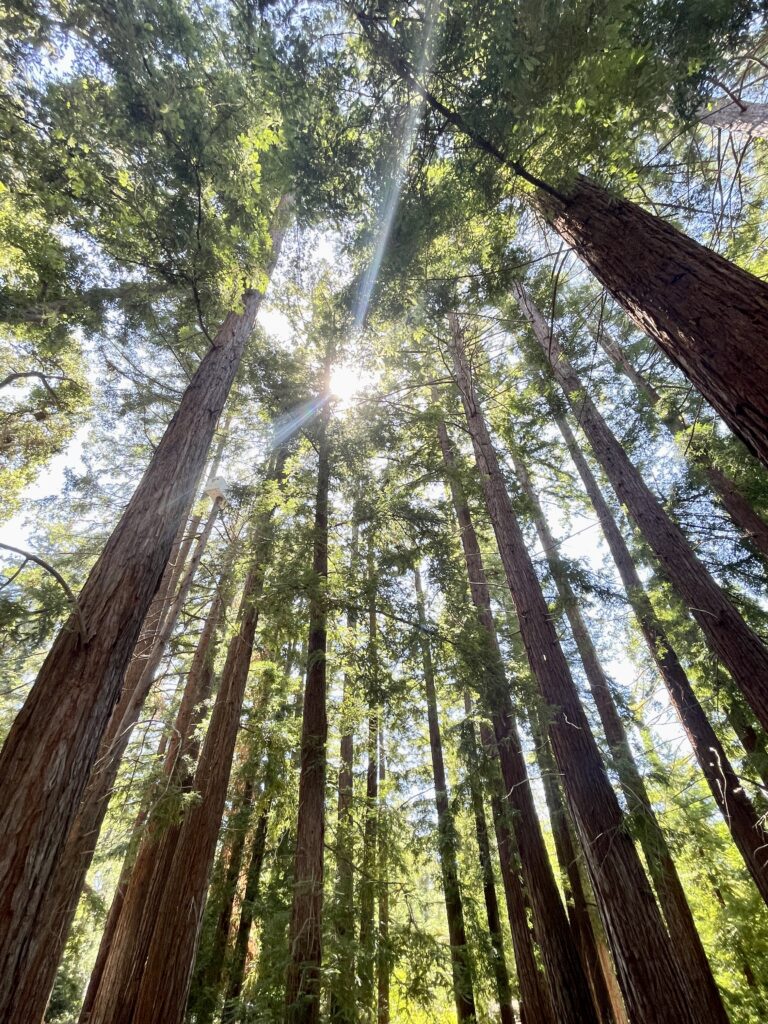
Stay Grounded During the Winter Months
As we head into the winter months it’s very important to stay grounded so we
share:
Let’s break it down. Does CBD help with cancer? Anyone who has used our CBD capsules or tinctures knows the positive uplift in well-being it provides, especially those with health conditions. Yet there are some claims out there that deserve a little closer look. What you might discover may surprise you.
This month, we’re going to look at the latest studies between CBD and cancer. Fair disclaimer, this is not medical advice and we are not claiming that CBD cures cancer! However, there have been some promising studies and we think our customers should know the latest research.
Cancer is an uncontrolled division of cells in the body. Any tissue of the body can do this, which is why there are over 100 kinds of cancers. The reasons for the development of cancer vary widely, from bad genetics to environmental factors.
Cancer is one of the great killers of humanity. About 12.7 million people worldwide get a diagnosis and 7.6 million die according to Huffington Post. This is why so much research money goes toward finding cures and treatments, CBD included.
There are two key questions that researchers are trying to answer. The first is if CBD treats or cures certain kinds of cancer. The other is how CBD helps with traditional chemotherapy and radiation.
Lung cancer stem cells respond well to CBD treatment. According to a paper published in Pharmaceuticals, the scientists stated:
“We found that CBD decreased viability and induced cell death in both cell populations… However, the exact mechanisms of CBD in cancer stem cells remain to be elucidated and seem to be cell context-dependent.”
A German study, Cannabidiol in Cancer Treatment, did a review of the existing literature to see how CBD and cancer interact. According to the results:
“Preclinical studies, particularly recent ones, including numerous animal models of tumors, unanimously suggest the therapeutic efficacy of CBD. In isolated combination studies, synergistic effects were generally observed. In addition, CBD may potentially play a role in the palliative care of patients, especially concerning symptoms such as pain, insomnia, anxiety, and depression. Further human studies are warranted.”
In short, they know it works, but they don’t know why it works and want to do more research. There are other preclinical studies that show other cannabinoids, not just CBD, can slow down the spread of cancer and support the death of cancer cells.
An interesting study in the journal PloS One did a study on CBD and chemotherapy in treating canine bladder cancer. In that study, they found CBD fought cancer well, but fought it even better when combined with chemotherapy. “Further studies in vivo are warranted, and clinical trials are necessary to investigate how best to implement CBD-chemotherapy combination treatments in a clinical setting,” said the scientists.
What about side effects of chemotherapy? One side effect is drug-induced neuropathy, which causes weakness, pain, and numbness in the hands and feet. A study in November, 2021, tried topical creams like our sports cream to relieve the numbness. 26 cancer patients tried it and 22 found relief! However, with such a small study, they want to have a larger randomized placebo-controlled trial. This study was published in Integrative Cancer Therapies.
A similar study that came out a few weeks later administered synthetic CBD alongside the chemotherapy drug paclitaxel and found similar relief from neuropathy. This study was in Neurotherapeutics.
Only partially, and this is an area of deep study. A study in 2019 looked at some of the current theories. First, we know that CBD and other cannabinoids can interact with our endocannabinoid receptors. There may be other cellular pathways involved we haven’t discovered yet, but this is the major one.
There are two main receptors in the system: CB1 and CB2. CB1 receptors are found mostly in the central nervous system. CB2 receptors are found on the surface of immune cells. One of the holy grails of this research would be to find a way to stimulate CB2 without affecting CB1, since it’s likely that CB1 connections create the high that the law worries about so much.
One crucial thing they’ve found is that many tumor tissues have overactive and sensitive (upregulated) and a higher than normal number (overexpression) of endocannabinoid receptors. This makes them very vulnerable to cannabinoids, including CBD.
Scientists are studying many kinds of cannabinoids along with CBD, including rarer ones like CBC and CBG, as well as THC, the one that gets you high. All of them seem to activate the receptors, but there are many things still unknown.
The studies do suggest that CBD can help with cancer, but what about taking it before you have cancer? A review article in the journal Cancers suggests it could help because it helps lower two enzymes that are associated with tumor development and spread.
If the endocannabinoids our body makes naturally have a cancer-suppressive effect, that would be astonishing news! Taking them externally would help boost the system, but it would also make some healthy habits that much more healthy.
One of these is diet. We need Omega-3s to create CB1 receptors, and tea has been shown to stimulate CB2 receptors and slow down the breakdown of endocannabinoids. Taking Omega-3 and drinking green tea have been part of health routines for a long time, and this could be another reason they work.
Exercise is another way to increase endocannabinoids. We know about the “runner’s high”, which is created through opioid-like substances called endorphins. However, it also seems to stimulate the ECS, especially endurance exercises.
There is so much more research to be done on this topic of how stimulating the endocannabinoid system can improve our health and potentially help us with cancer. The studies we have are promising, but we need more time before science can completely test the best ways to take CBD and other cannabinoids for health.

As we head into the winter months it’s very important to stay grounded so we

Discover relief from muscle pain with CBD cream and essential oils. The Mind Prep We

Navigating the storm of stress can be a powerful tool in your wellness toolbox. Stress

All Natural Bathroom Spray Our all natural bathroom spray. Infused with essential oils, this unique